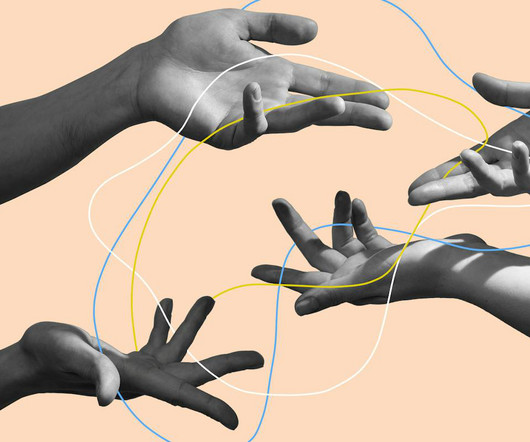Is It Ethical to Run Learning Experiments On Students Without Their Knowledge?
Edsurge
JULY 9, 2021
You see an opportunity to make a small change that might improve their learning outcomes, so you roll it out to a group of students who don’t know they are part of the sample. But if researchers are A/B testing two innocuous options, what’s the harm? Imagine you’re an edtech company with thousands of students on your platform.
















Let's personalize your content